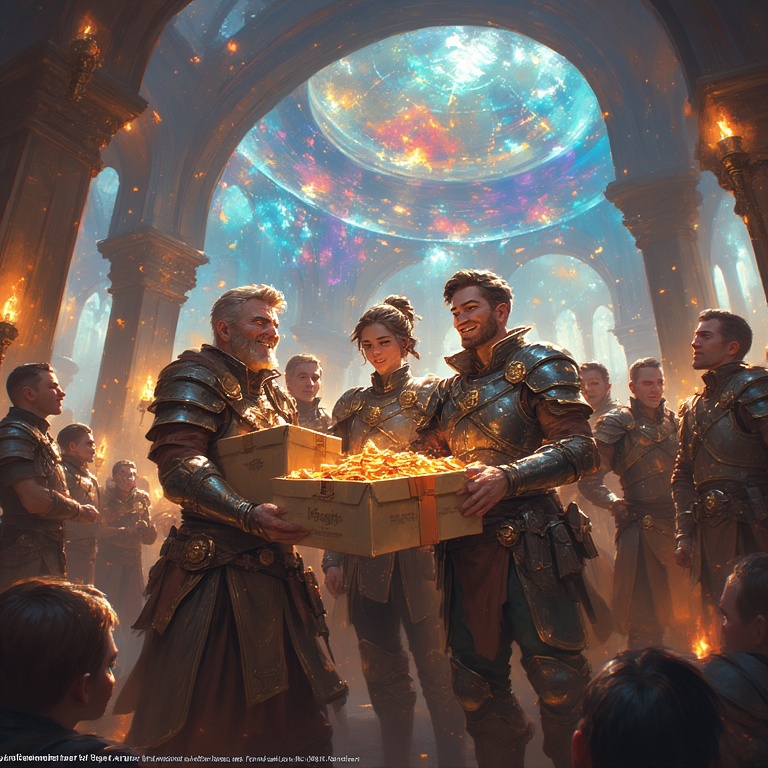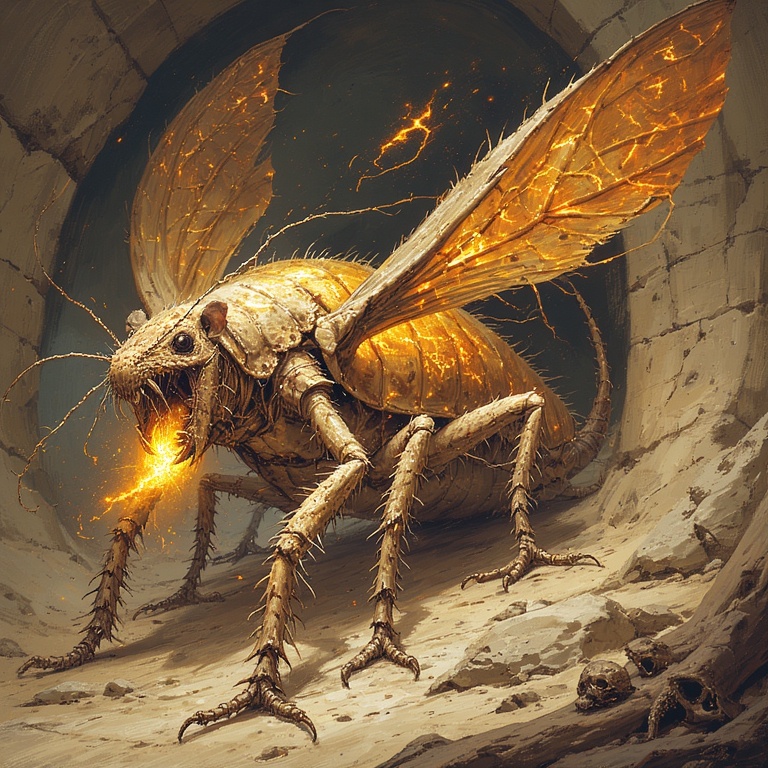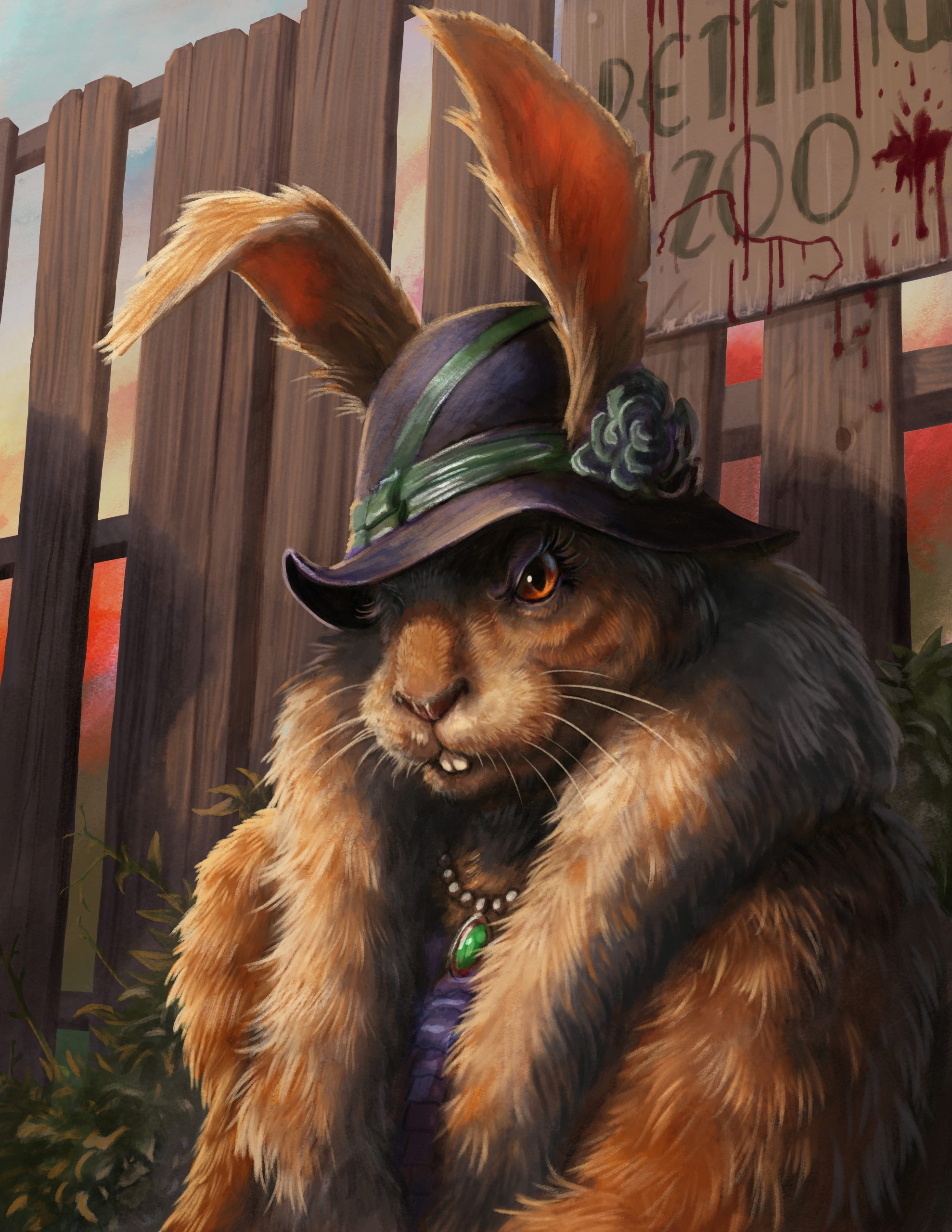
Madness Is a Choice (and a Weapon) in Aether Skies and more
Letting Players Wield Corruption for Power in Aether Skies and D&D
In most games, madness is treated as a punishment: fail your save, lose control, wander off muttering until someone drags you back. But in Aether Skies, where the skies themselves whisper and Aether burns brighter than the soul can bear, madness isn’t just a failure state—it’s a weapon.
When Aether offers power at a price, the players shouldn’t fear it as a GM’s club—they should see it as a choice.
Do they burn sanity to overcharge a spell in a life-or-death moment? Or do they keep their minds intact and risk losing the battle?
That tension—between survival and sanity, between victory and corruption—is where Aether Skies shines.
⚡ The Aether Skies Approach
Aether is alive. It whispers, tempts, and seduces. Every surge of power is an invitation: “Spend a little more. Just one more spark. You can hold it together.”
When players push their limits, you can present them with moments like:
-
“Burn your mind to stabilize the Aether-core”—at the cost of whispers that never stop.
-
“Overcharge your armor’s crystal plating”—but your skin now flickers with translucent scales.
-
“Channel forbidden flame to collapse the raiders’ boarding bridge”—though in doing so you see the faces of the dead in every ember.
Each choice saves the day—but each choice leaves scars.
🧠 How to Use Madness as a Resource
Instead of punishing players for interacting with madness, let them choose when to embrace it.
In Aether Skies, you might use:
-
Corruption Dice – Roll an extra die to boost a check, but mark a step of corruption.
-
Sanity Burn – Spend sanity points to automatically succeed, but gain a flaw, hallucination, or obsession.
-
Echoes – Unlock eldritch knowledge mid-session, but the knowledge stays in your head. Forever.
In D&D, similar mechanics can be framed as:
-
Temporary Hit Points + Short-Term Madness – Gain power, but suffer hallucinations or compulsions afterward.
-
Advantage on a Roll + Lingering Flaw – Roll with advantage now, but pick up a permanent quirk like paranoia or uncontrollable laughter.
-
Unique Spells or Boons – Unlock forbidden magic at the cost of Wisdom or Charisma drain.
🔮 Example in Play: Aether Skies
The crew is pinned aboard their ship by a swarm of bone-white parasites feeding on the Aether lines. The artificer knows a ritual that could ignite the parasites instantly—if they channel more Aether than the hull can withstand.
The GM says:
-
“You can succeed automatically, but the backlash will tattoo your veins in glowing light. Everyone will know you’ve touched corruption.”
The player chooses: victory, at the cost of reputation and whispers that follow.
🛡️ Example in Play: Generic D&D
The party faces a lich who will complete a ritual in three rounds. The wizard’s player says, “Can I burn my sanity to push this spell harder?”
The GM answers:
-
“Yes. You can cast it at max power without a slot, but you’ll gain a flaw: you now hear the lich’s voice whenever you sleep.”
The player grins, rolls the dice, and the table leans in.
🎭 Why This Works
-
It Empowers the Players. They choose when to risk their minds—agency turns danger into drama.
-
It Creates Lasting Consequences. Scars, hallucinations, and flaws linger long after the dice cool.
-
It Builds Story, Not Just Stats. A corruption-marked hero tells a richer story than a flawless one.
🧩 Tips for GMs
-
Make Madness Tempting – The gain must matter. Big successes, impossible saves, tactical triumphs.
-
Make Madness Costly – Not just numbers, but story scars: nightmares, marks, voices, paranoia.
-
Make Madness Visible – NPCs notice. Allies whisper. Enemies exploit it.
-
Make Madness Personal – Tie hallucinations and whispers to backstory, fears, or goals.
✨ Final Thought
In Aether Skies, sanity is not a shield—it’s a currency. Players who spend it gain more than power; they gain story.
Because in the end, the question isn’t “Will you go mad?”
It’s “What will you sacrifice your mind for?”
Thanks for reading. Until Next Time, Stay Nerdy!!












Pingback: Player-Driven Objectives & Reactions to the Environment in Aether Skies and beyond – Nerdarchy
September 5, 2025 at 3:51 pm